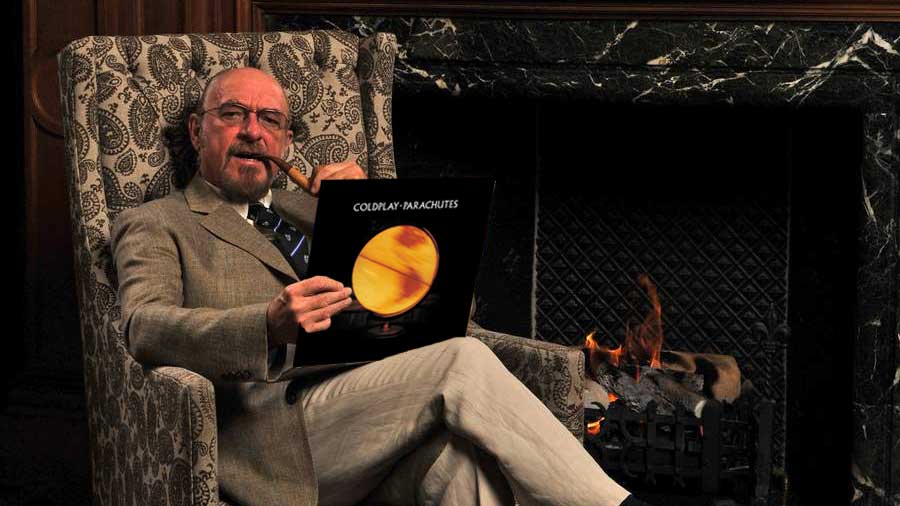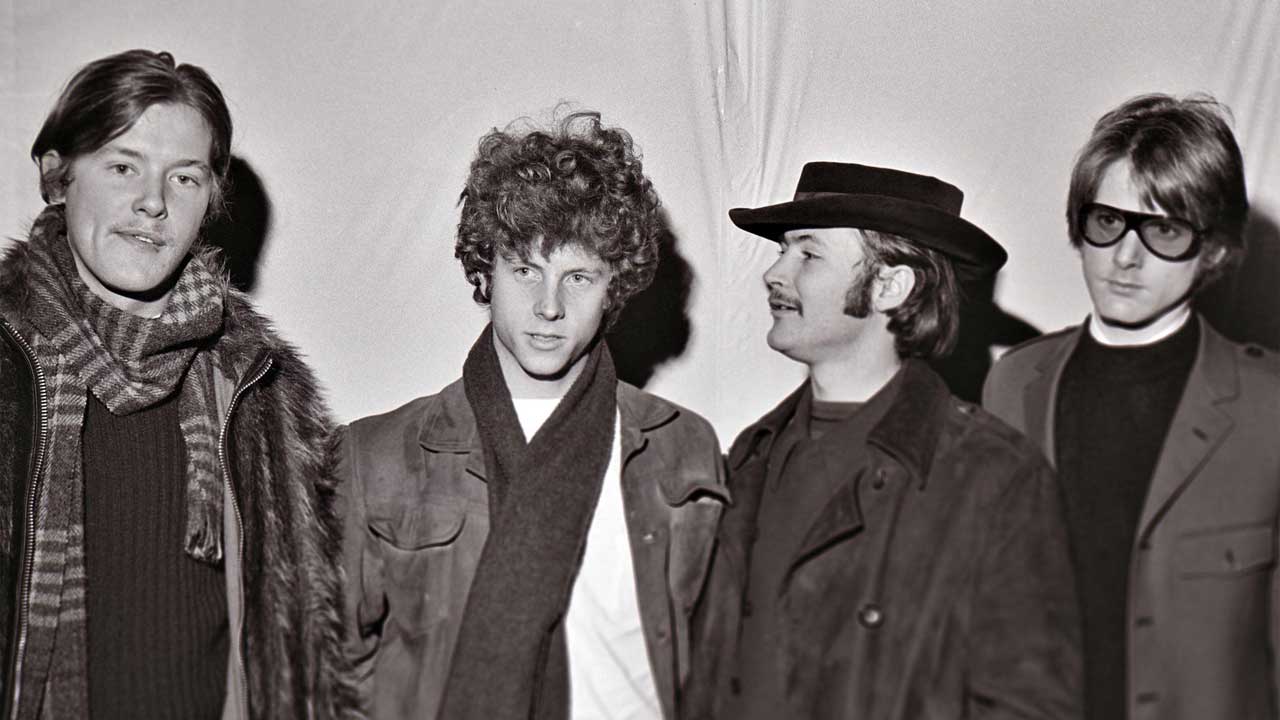Watch Ian Anderson offer Coldplay some career advice: you guys need more flute
Video: Ian Anderson admits to being embarrassed about introducing the flute to rock, but that doesn't mean Coldplay can't be improved by using it

Select the newsletters you’d like to receive. Then, add your email to sign up.
You are now subscribed
Your newsletter sign-up was successful
Want to add more newsletters?
Jethro Tull’s 1968 debut made a convincing case for their emergence as Britain’s next shit hot blues band, behind soulful originals and the incendiary fretwork of original guitarist Mick Abrahams.
It would however, be Tull’s only fully-committed blues album; they soon course corrected to a more experimental outlook that fused the emerging style of progressive rock with traditional English folk. Foreshadowing this imminent evolution was Ian Anderson’s baroque flute play, which figures prominently throughout their debut, most notably in the smouldering jazz vapours of Serenade To A Cuckoo.
Throughout the years, other rock artists would summon the august power of the flute to add texture to their works, including Peter Gabriel, Manfred Mann’s Mick Vickers, Clay Cook of the Marshall Tucker Band and, of course, Ray Thomas of the Moody Blues. But none would ever contest Anderson’s dominance as the preeminent flautist in rock'n'roll.
In this 2006 interview (below), Anderson suggests that at least in his mind, the distinction is a dubious one. He opens the clip by saying, “I’ve always been a bit embarrassed as being thought of as the person who introduced the flute to rock music and I’m always quick to point out there were others doing it before I got there.”
Anderson took up the flute shortly after Jethro Tull formed after realising that even on his best day, he would never rival the likes of Eric Clapton as a lead guitarist. Discussing the decision, he says “I mean, [Clapton] was so far from everybody else, it seemed, that struggling along trying to play the bluesy guitar stuff I was doing...it just seemed better to find something else to play.”
Unable to fathom why more rock flautists have not since emerged, he muses, “there must be a lot of people out there who think, ‘That Ian Anderson bloke must have made a pile of dosh playing the flute, maybe I ought to give that a try.’”
He suggests that the instrument offers a creative refuge to those unable to master other instruments, “perhaps [for] not dissimilar reasons to why I started playing; that they weren’t very good guitar players or keyboard players or they couldn't work out how to work out that shiny new Apple Mac and the computer programs to do that sort of dinky donkey music.”
Sign up below to get the latest from Classic Rock, plus exclusive special offers, direct to your inbox!
Undaunted by this seeming lack of interest, Anderson doggedly advocates for a more prominent role for the flute in contemporary rock, pointing out that, “it would work beautifully well in Coldplay’s music, you know? It’s a perfect sort of choice for so many bands. And I guess if Coldplay had a flute player, they would stand out in the crowds in a bigger way than they already do.”
Underscoring the immovable weight of Anderson’s rock flute dominance, the video ends with a couple of stitched-in interludes with Moody Blues singer Justin Hayward. Their principal flautist, the late Ray Thomas, left the band in 2002 due to illness. Hayward explains, “...when you’re replacing a flute player, where do you find a rock'n'roll flute player? There’s one.”
Hailing from San Diego, California, Joe Daly is an award-winning music journalist with over thirty years experience. Since 2010, Joe has been a regular contributor for Metal Hammer, penning cover features, news stories, album reviews and other content. Joe also writes for Classic Rock, Bass Player, Men’s Health and Outburn magazines. He has served as Music Editor for several online outlets and he has been a contributor for SPIN, the BBC and a frequent guest on several podcasts. When he’s not serenading his neighbours with black metal, Joe enjoys playing hockey, beating on his bass and fawning over his dogs.

